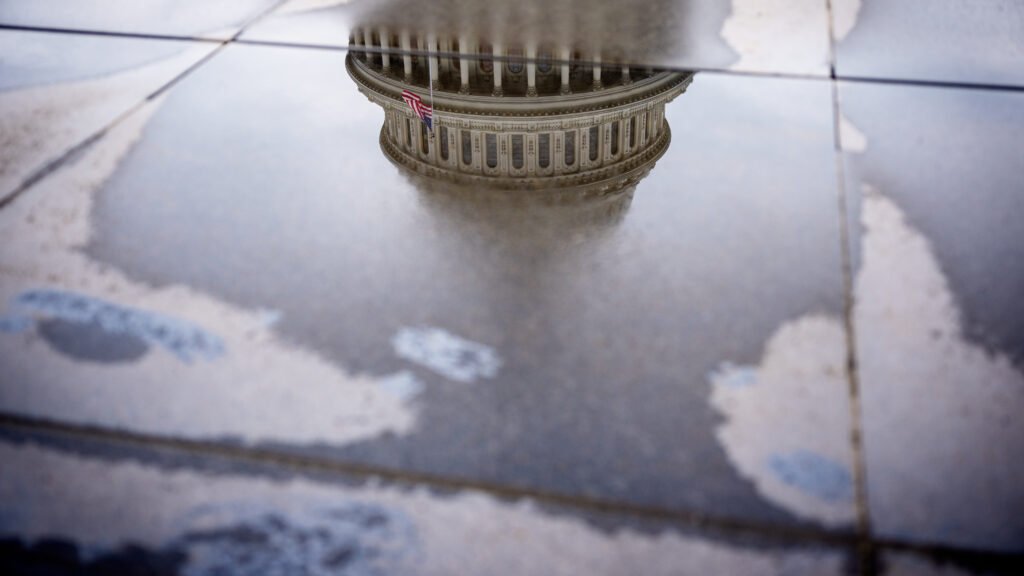Health care policy is a crucial issue that affects millions of Americans, and with the expiration of several bipartisan health care programs looming, lawmakers are facing a critical deadline to take action. The recent partisan cuts to Medicaid funding by Republicans have left many Democrats and health care advocates concerned about the future of vital health care programs.
However, amidst the partisan divide, there are glimmers of hope for bipartisan cooperation on health care policy. There are several areas where Republicans and Democrats could come together to improve the health care system, such as reforming pharmacy-benefit manager practices and making changes to Medicare doctor payments. These bipartisan initiatives could help to address some of the most pressing issues facing the health care system today.
One of the key challenges facing lawmakers is the expiration of several health care extenders, which are programs and policies in Medicare and Medicaid that require annual renewal. These include funding for community health centers, hospitals that serve uninsured populations, and pandemic preparedness activities. In addition, a popular Medicare program that expands access to telehealth services is also set to expire if Congress does not take action.
The expiration of these programs could have serious consequences for millions of Americans who rely on them for essential health care services. It is crucial that lawmakers prioritize the renewal of these programs to ensure that vulnerable populations continue to have access to the care they need.
In the midst of these challenges, there is a glimmer of hope for bipartisan cooperation on health care policy. By working together to address the issues facing the health care system, lawmakers have the opportunity to make meaningful progress in improving access to care and reducing health care costs for all Americans. It is imperative that lawmakers put aside their partisan differences and come together to prioritize the health and well-being of the American people.


